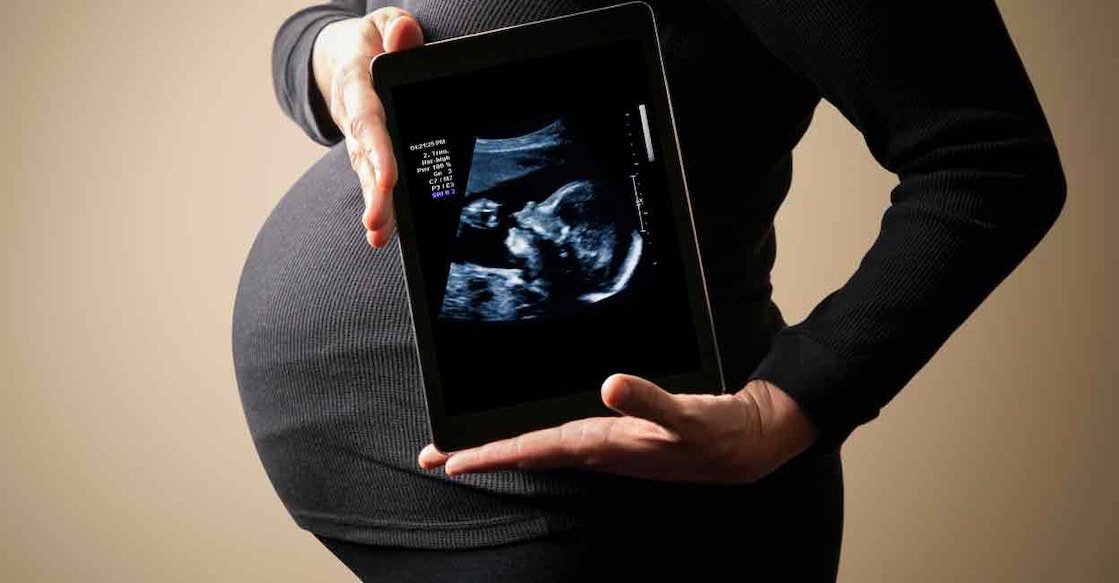Indian women unable to make reproductive choices due to financial constraints, unreliable child care: UN study

Mail This Article
New Delhi: Financial limitation is one of the biggest barriers to reproductive freedom in India with about 38 per cent respondents saying this is stopping them from having the families they want, according to a UN study released on Tuesday.
The findings were shared in UNFPA's 2025 State of World Population (SOWP) Report, The Real Fertility Crisis, which is an online poll conducted across 14 countries including India with 14,000 respondents out of which 1,048 adults were from India.
Job insecurity (21 per cent), housing constraints (22 per cent), and the lack of reliable childcare (18 per cent) are making parenthood feel out of reach, the report said. Also, health barriers like poor general wellbeing (15 per cent), infertility (13 per cent), and limited access to pregnancy-related care (14 per cent) add further strain, the report said.
The UNFPA said many are also holding back due to growing anxiety about the future - from climate change to political and social instability while 19 per cent faced partner or family pressure to have fewer children than they personally wanted. The SOWP 2025 underlined millions of individuals are not able to realise their real fertility goals.
"This is the real crisis, not underpopulation or overpopulation. And, the answer lies in greater reproductive agency - a person's ability to make free and informed 150 per cent choices about sex, contraception and starting a family," the report said.
It said many people, especially women, still face significant barriers to making free and informed decisions about their reproductive lives and significant disparities persist across regions and states. The report said states such as Bihar, Jharkhand, and Uttar Pradesh continue to experience high fertility rates, while others, like Delhi, Kerala, and Tamil Nadu, have sustained below-replacement fertility.
"This duality reflects differences in economic opportunities, access to healthcare, education levels, and prevailing gender and social norms," it said.
"India has made significant progress in lowering fertility rates - from nearly five children per woman in 1970 to about two today - thanks to improved education and access to reproductive healthcare," said Andrea M Wojnar, UNFPA India representative.
"This has led to major reductions in maternal mortality, meaning million more mothers are alive today, raising children and building communities. Yet, deep inequalities persist across states, castes, and income groups. The real demographic dividend comes when everyone has the freedom and means to make informed reproductive choices. India has a unique opportunity to show how reproductive rights and economic prosperity can advance together," she said.
Beyond traditional barriers, emerging social realities are reshaping reproductive decisions. The report identified a complex web of modern challenges: the growing loneliness pandemic, shifting relationship patterns, difficulties in finding supportive partners, social stigma around reproductive decisions, and deeply entrenched gender norms.
Rising expectations around intensive parenting place disproportionate pressure on women, reinforcing unequal caregiving burdens and influencing decisions about if and when to have children, the report said.
The report underscored that the real crisis lies not in population size, but in the widespread challenges to support individuals' right to decide freely and responsibly if, when, and how many children to have.

